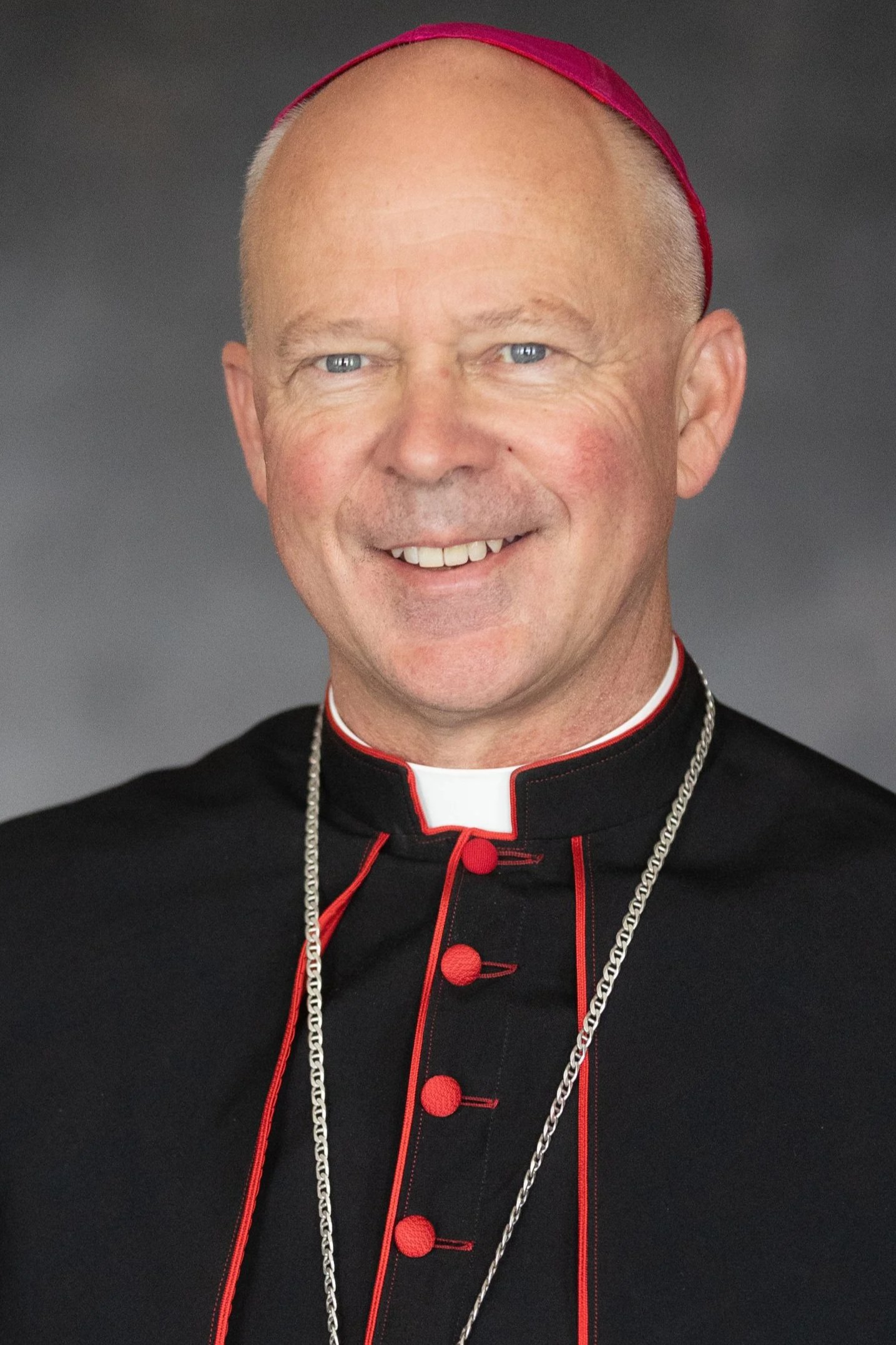Vatican Secretary of State Cardinal Pietro Parolin addressed the violence that has erupted during U.S. immigration enforcement operations.
The Vatican’s secretary of state, Cardinal Pietro Parolin, said on Jan. 28 that the violence that has erupted in Minneapolis during U.S. immigration enforcement operations in that city is “unacceptable” and called for solving the problems “another way.”
“The position of the Holy See is always to avoid any type of violence, obviously, and therefore we cannot accept episodes of this type. Simply this, which you already know,” said the Italian cardinal in response to queries from journalists, according to Vatican News.
“The difficulties, problems, and contradictions are resolved in a different way,” the secretary of state said, adding that he was in agreement with the American bishops and called the current situation “unacceptable.”
U.S. Immigration and Customs Enforcement (ICE) launched Operation Metro Surge in December 2025 in Minnesota to arrest and deport individuals for immigration violations, which has resulted in the arrest of more than 3,000 people. During the operation, there have been three shootings involving ICE agents, two of which resulted in the deaths of Renée Good and Alex Pretti in Minneapolis.
Archbishop Paul S. Coakley, president of the U.S. Conference of Catholic Bishops (USCCB), said in a Jan. 25 statement that e was praying for “calm, restraint, and respect for human life in Minneapolis,” while the archbishop of Newark, New Jersey, Cardinal Joseph Tobin, called for the complete defunding of ICE.
For his part, the archbishop of Seattle, Paul Etienne, stated in a pastoral letter that “authentic respect for life also extends to refugees and migrants.”
Journalists also asked Parolin about the possibility of ICE agents arriving in Italy for the Winter Olympics, which are scheduled to begin on Feb. 6 in Milan. “Yes, I have read the news, but I know there is also controversy surrounding it. Let’s not get into controversies,” the secretary of state said.
Parolin answered these and other questions in the context of an “Ethics and Economics” meeting, organized by the GEPLI Department — an Italian acronym for Law, Economics, Politics, and Modern Languages — of LUMSA University in Rome in collaboration with the Movement of Schools of Ethics and Economics in the world.
The cardinal said the Holy See is still considering its response to the invitation from U.S. President Donald Trump to participate in the recently constituted Board of Peace for the reconstruction of Gaza and that he hopes a good agreement will be reached regarding the situation in Greenland, following his recent visit to Denmark.
“Without going into details, I believe progress is being made toward a solution, an agreement. I don’t know the exact terms at the moment, but it seemed to me that even the [Danish] foreign minister was quite positive after the discussions that have taken place. We hope that this will be the case,” the Vatican secretary of state emphasized.
This story was first published by ACI Prensa, the Spanish-language sister service of EWTN News. It has been translated and adapted by EWTN News English.

